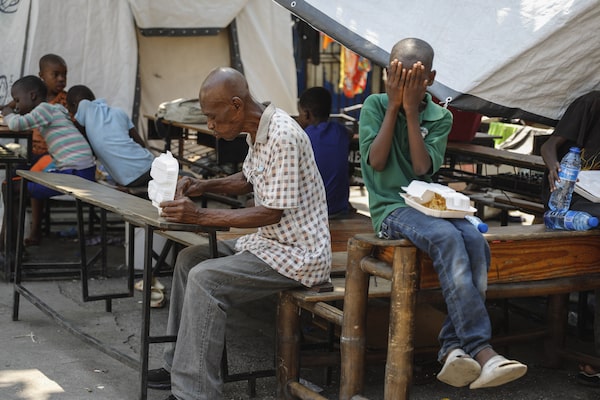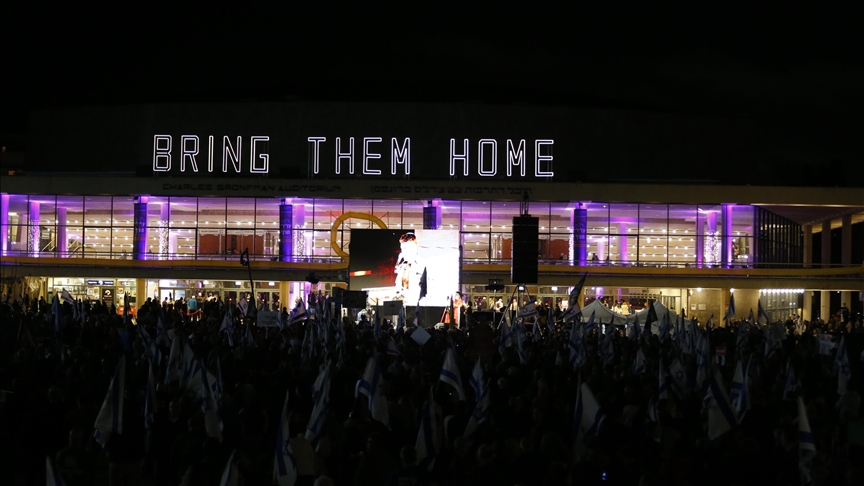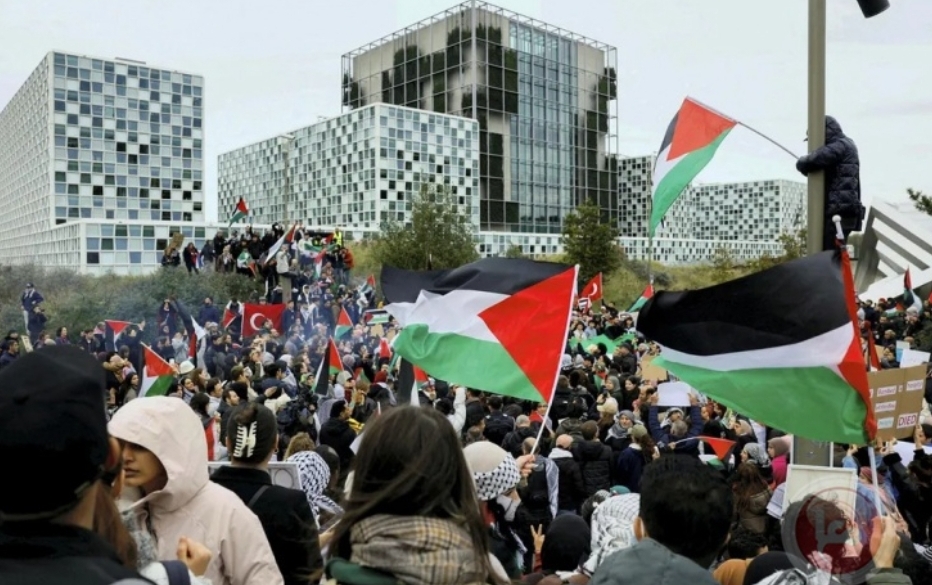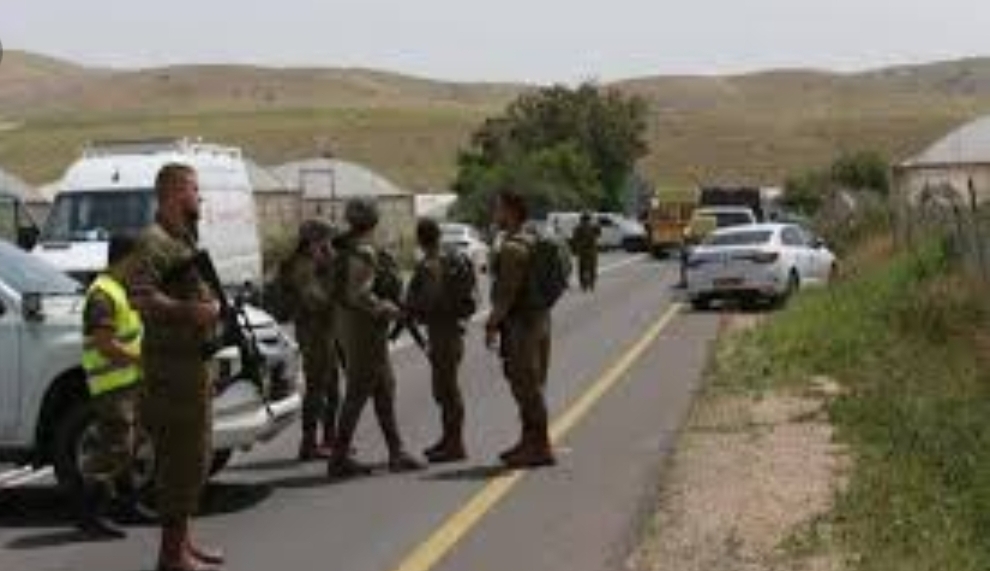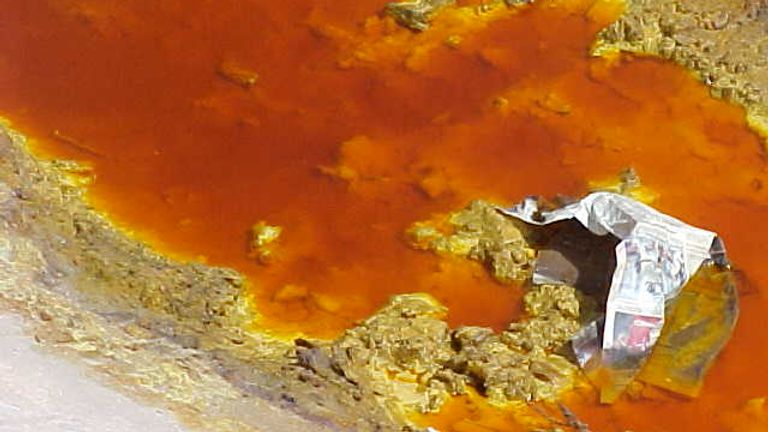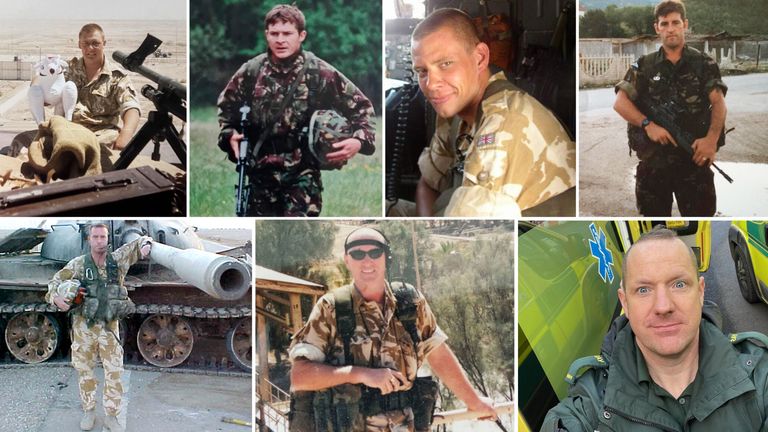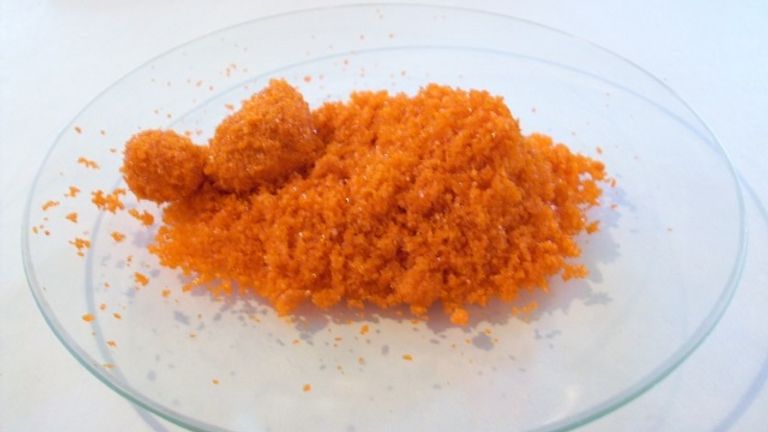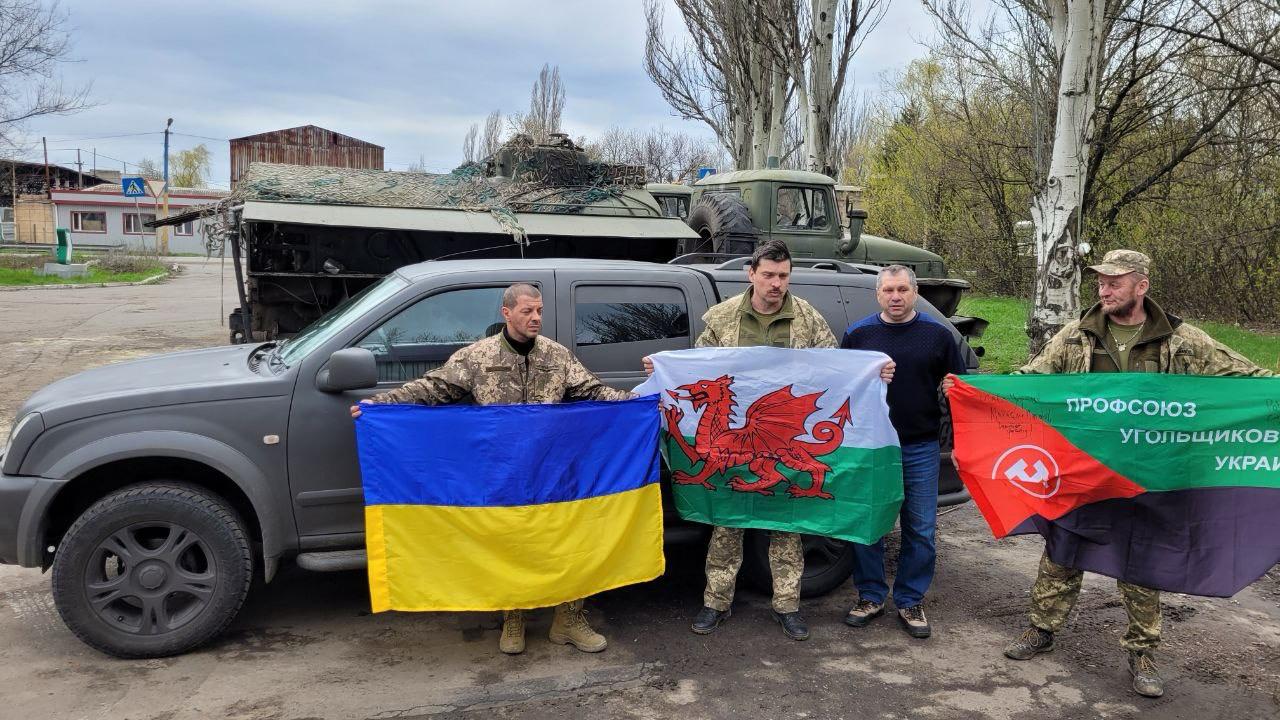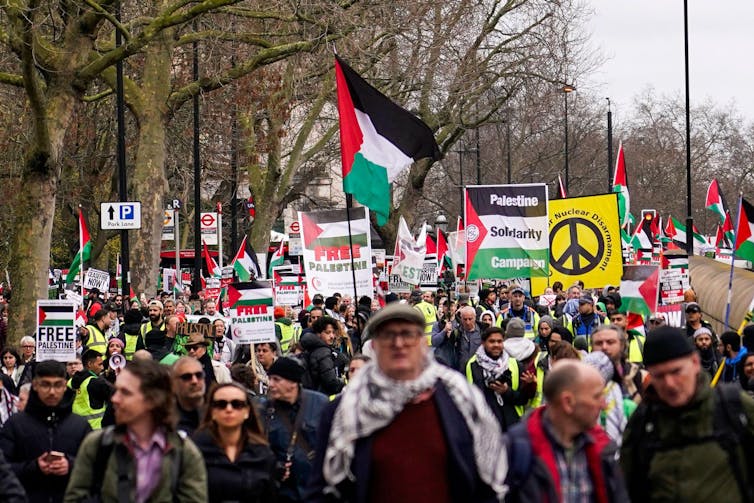ByTurkish Minute
March 16, 2024
Bünyamin Tekin
The race for mayor of Turkey’s capital city has become the latest arena for showcasing the wealth amassed by the ruling Justice and Development Party (AKP) elite.
Turgut Altınok, the AKP candidate for Ankara mayor, recently disclosed his assets on X, once again bringing to public attention the vast wealth of members of a party that has long been overshadowed by allegations of corruption.
Altınok disclosed ownership of numerous plots of land, residential properties and a significant stake in a family-owned real estate company in his asset declaration. The disclosure, which includes ownership of some 60 different properties and no mention of bank accounts or movable assets, has sparked a flood of reactions on social media and from the public.
His holdings, which some described as reminiscent of a small feudal estate, have provoked reactions ranging from disbelief to outrage, highlighting the disparity between the lives of Turkey’s political elite and the general populace grappling with financial problems.
Critics as well as the man on the street are stunned by the sheer scale of the wealth. Some draw comparisons to landholdings in history that could justify dynasties, while others list countries that are smaller in area than Altınok’s possessions.
Altınok was the mayor of Ankara’s Keçiören district from 1994 to 2009 and was re-elected in 2019 after a 10-year hiatus.
The wealth of a district mayor that astonished the public gives many an indication of how much wealth is possible for the upper echelons.
President Recep Tayyip Erdoğan’s declaration of modest wealth in June did little to dispel longstanding rumors and allegations of immense wealth acquired through illegal means.
Critics have long accused the AKP under Erdoğan’s leadership of illegally amassing personal fortunes, in stark contradiction to Erdoğan’s humble proclamation in the 1990s about his possessions being limited to his wedding ring when he was a young and fiery politician of the Islamist Welfare Party.
A corruption probe in 2013, implicating Erdoğan and his inner circle, marked a turning point, with the government’s response culminating in a purge of the judiciary and law enforcement.
This pivot not only neutralized immediate threats to Erdoğan’s rule, but also laid the groundwork for an era characterized by diminished accountability and increasing accusations of cronyism and bribery.
Altınok’s disclosure brought the wider issue of the accumulation of wealth among members of Turkey’s ruling party into the limelight and showed the glaring discrepancy between the party’s original, populist image and its current embodiment of prosperity.
Opposition politicians such as Ankara’s incumbent mayor, Mansur Yavaş of the Republican People’s Party (CHP), have seized on these statements as evidence of the AKP’s departure from its founding principles, accusing it of engaging in the very acts of corruption and elitism that it once vociferously opposed.
Yavaş made his own declaration of assets in February, which appears modest by comparison and is consistent with his calls for transparency and accountability in politics. His stance that “politics should not be a means to an end of wealth” strikes a chord with a population increasingly disillusioned by the differences between their politicians’ lifestyles and their own.



